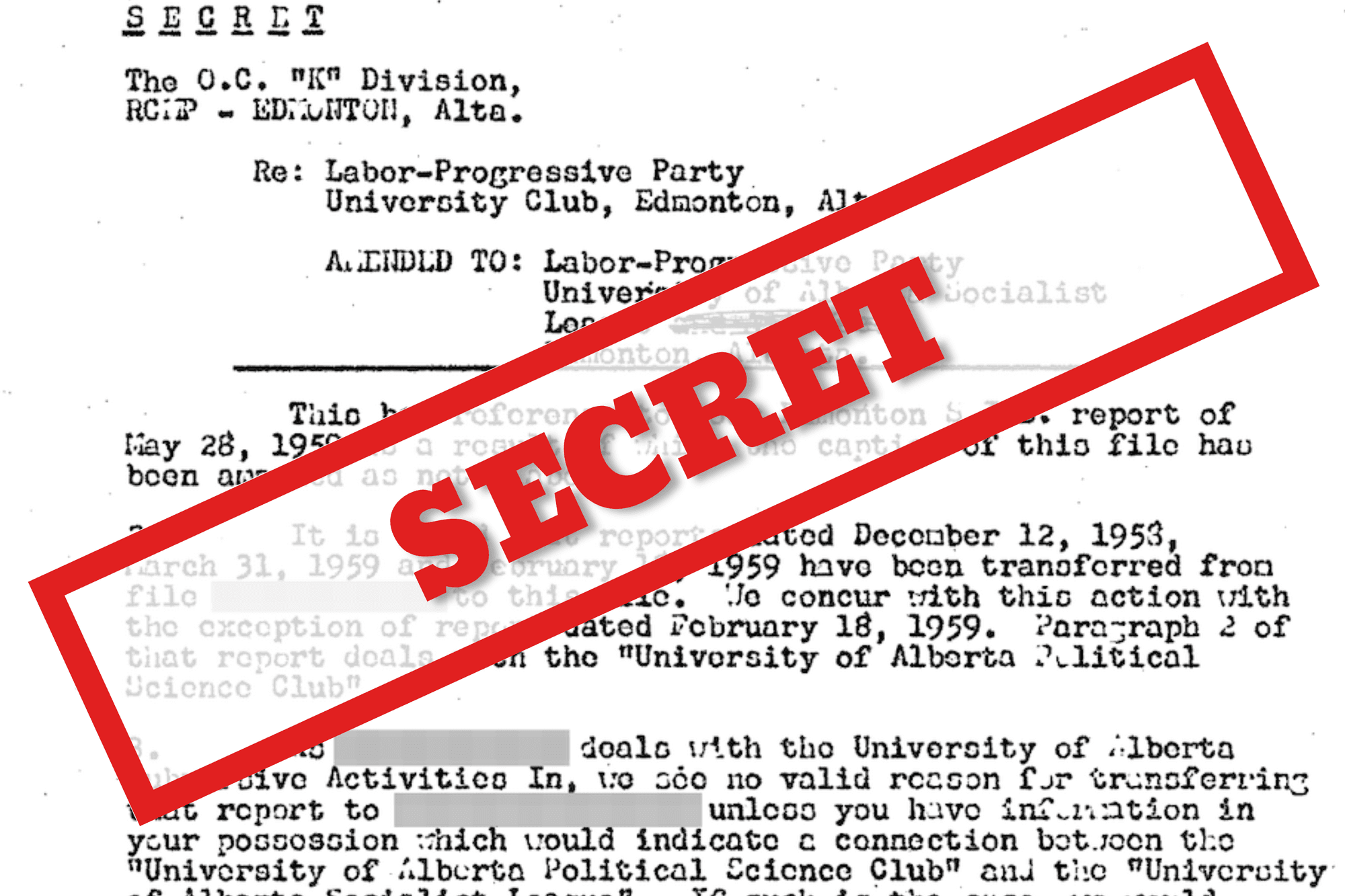UFOs, buried treasure, COVID fines and thousands of monkeys: Introducing Open By Default
Nine fun, strange and thought-provoking reasons to use the IJF’s newest database
5 Mar 2024 • 4 min read
Copied to clipboard!


Carly Penrose
Carly is a Toronto-based journalist. She holds a master of journalism from Toronto Metropolitan University. Her work has appeared in the National Post, This Magazine and The Canadian Press.
Democracy needs you.
Subscribe today to support independent Canadian journalism.
Dig Deeper
Our databases turn public records into public power. Dig in to find the real story on lobbying, donations, contracts, access to information releases and more.
Search
Related Articles
Rothmans, Benson and Hedges lobbying B.C. for details on bill that would open the door for lawsuits against vaping companies
A major tobacco company repeatedly lobbied B.C. officials about a new bill allowing the province to sue e-cigarette manufacturers for public health costs associated with vapingCarly Penrose•27 Nov 2025

